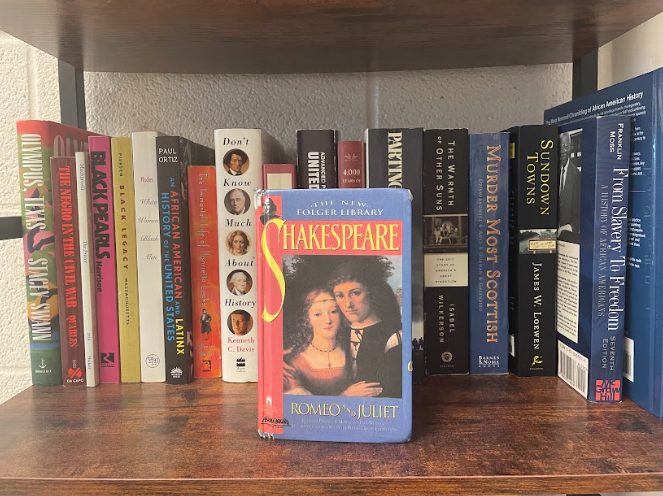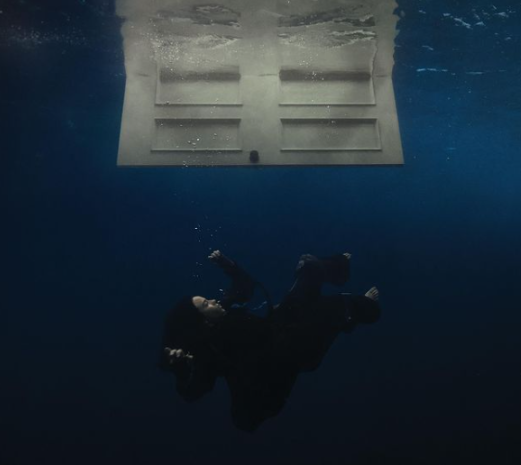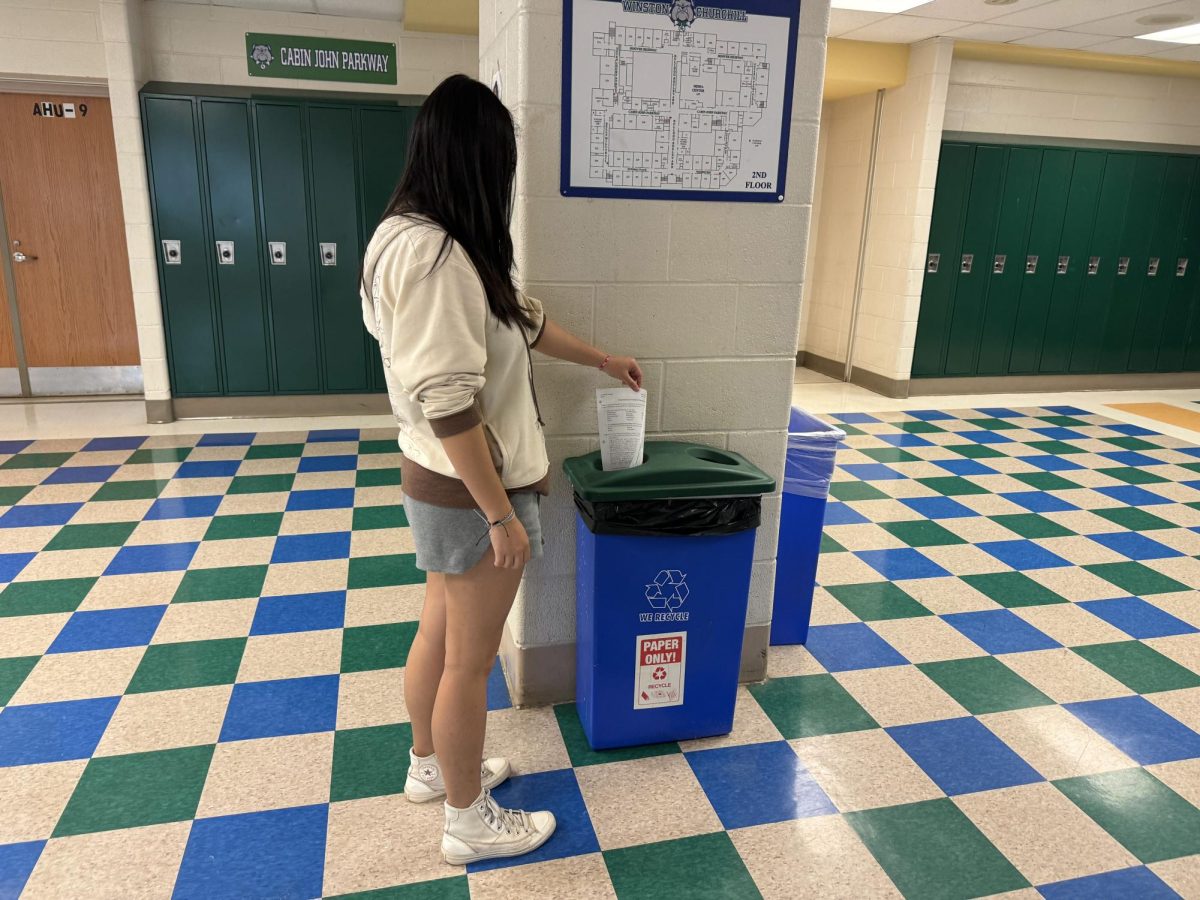We know students use drugs in school, and we know people deal them. Should strip searching them be allowed? The Supreme Court heard a case April 21 that will decide just that.
Savana Redding, now 19 years old, was 13 when she was strip searched at Safford Middle School near Tucson, Arizona, by her school’s nurse and secretary after a schoolmate accused her of having prescription-strength Ibuprofen. Redding’s mother, April Redding, sued the school in response to what she believes was an unnecessary search. The decision for this case, Safford Unified School District v. Redding, will be made later this year and will have a significant impact on students’ rights in school.
“[This is a landmark case],” NSL teacher Justin Ostry said. “Teachers will be teaching the outcome of this case in NSL classes.”
Redding was taken out of class by the assistant principal after the principal had received a tip from one of Redding’s classmates that she was abusing and in possession of drugs. The school had a zero tolerance policy and, without searching her locker, belongings, or calling her parents, Redding was immediately stripped down to her underwear and asked to move around her undergarments to make sure there were no drugs; none were found.
According to Redding’s affidavit, the strip search was the “most humiliating experience” she ever had, especially since she was found not to have any drugs on her person.
While Redding felt humiliated, many courts felt that the search was necessary and not in violation of her rights. It was not until the U.S. Court of Appeals for the Ninth Circuit in San Francisco ruled that school officials had violated the Fourth Amendment, which prohibits unreasonable searches, that the case then went to the Supreme Court. Since drugs are a relevant issue in high school, the ruling will affect teens across the nation.
“Maryland does not ban strip searches,” Ostry said. “The exact same incident could occur at CHS.”
Strip searches, some argue, are necessary to create a drug free environment by guaranteeing that students aren’t harboring drugs that could harm them and their peers.
According to an April 16 USA Today article, the Office of National Drug Control Policy reported that more than 2.1 million teenagers abused prescription drugs in 2005 and youths ages 12 to 17 alone abused prescription drugs more than any other drug, except marijuana.
Strip searches could be a way to reduce the numbers abusing drugs, but others argue that it is an extreme punishment that causes psychological trauma.







